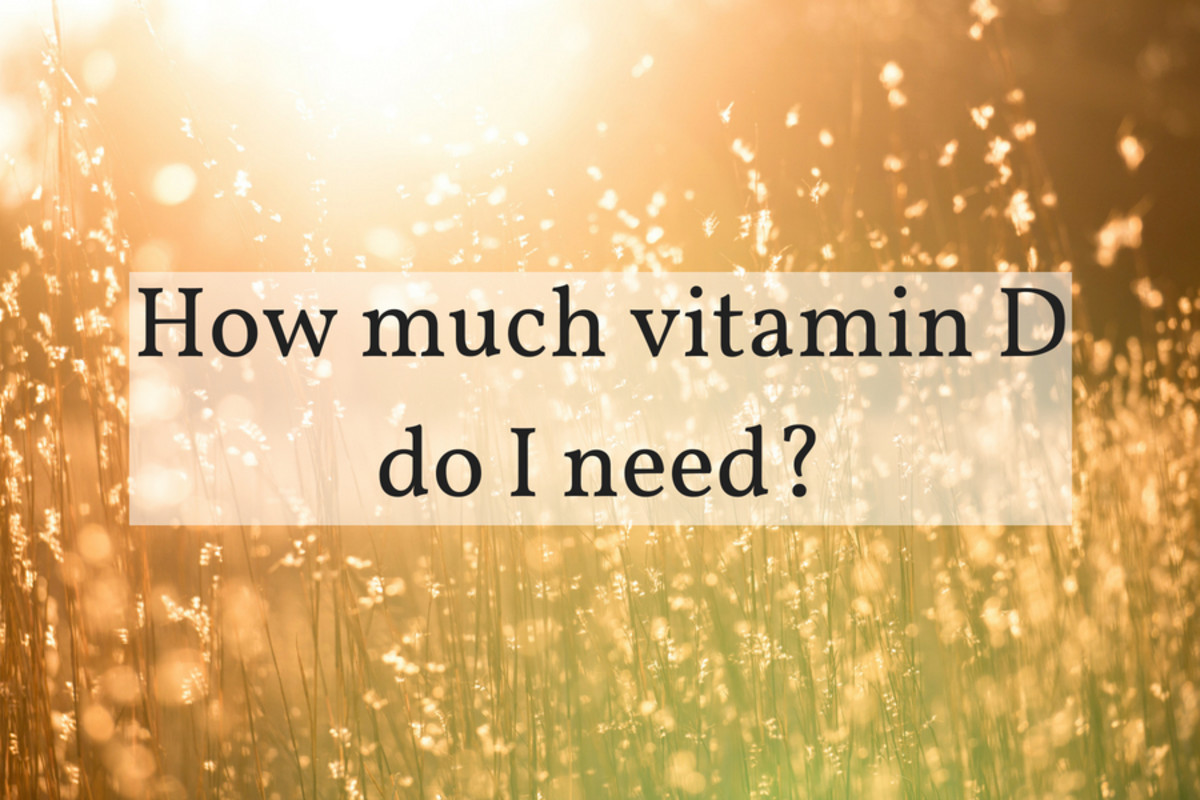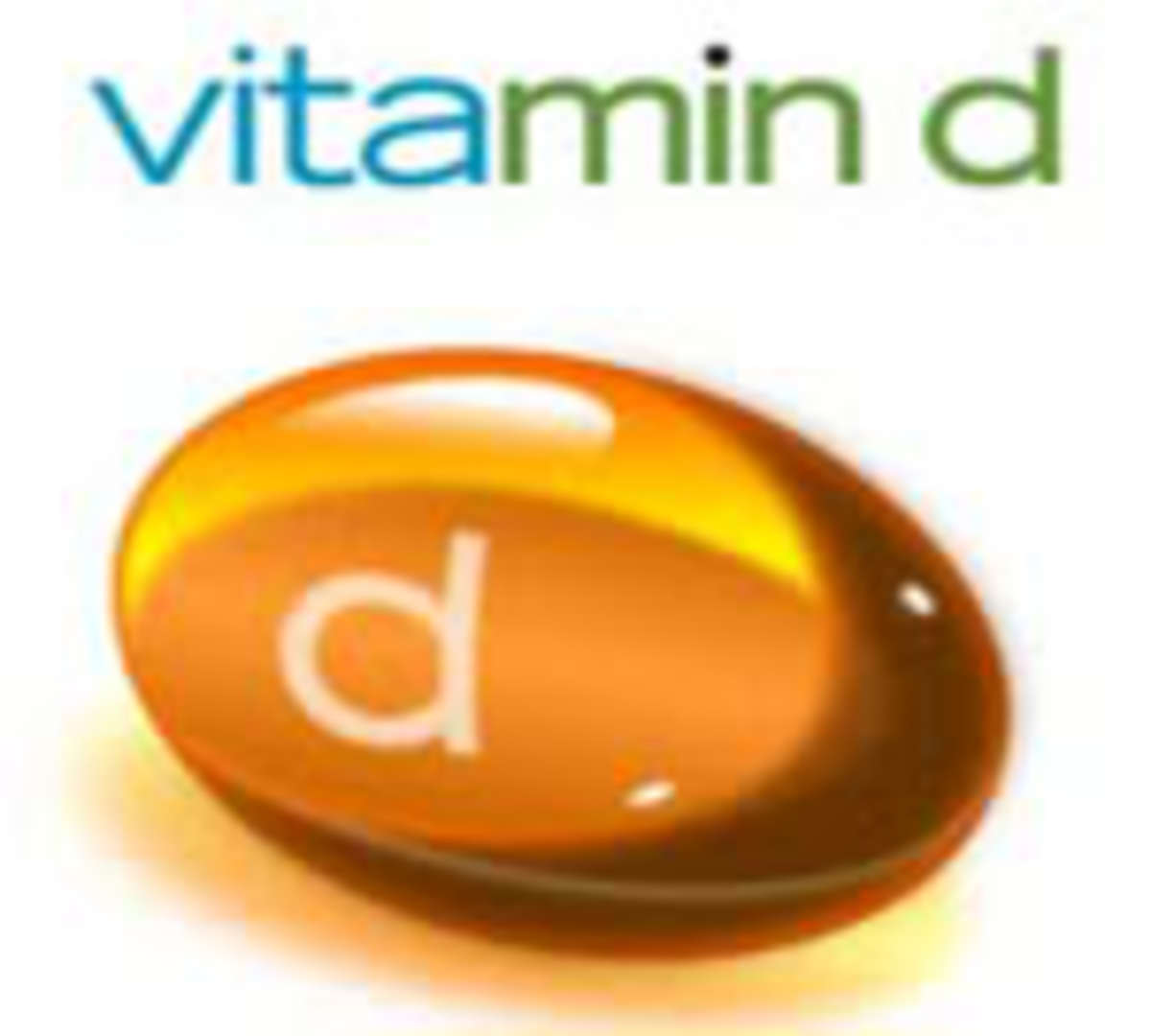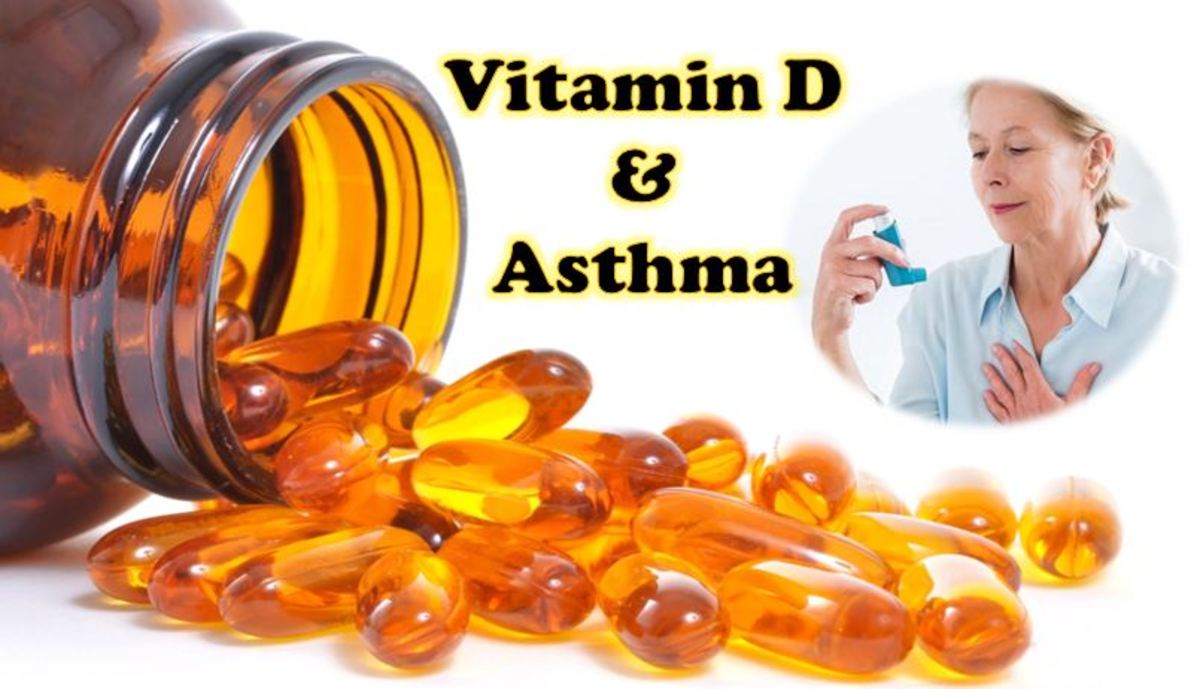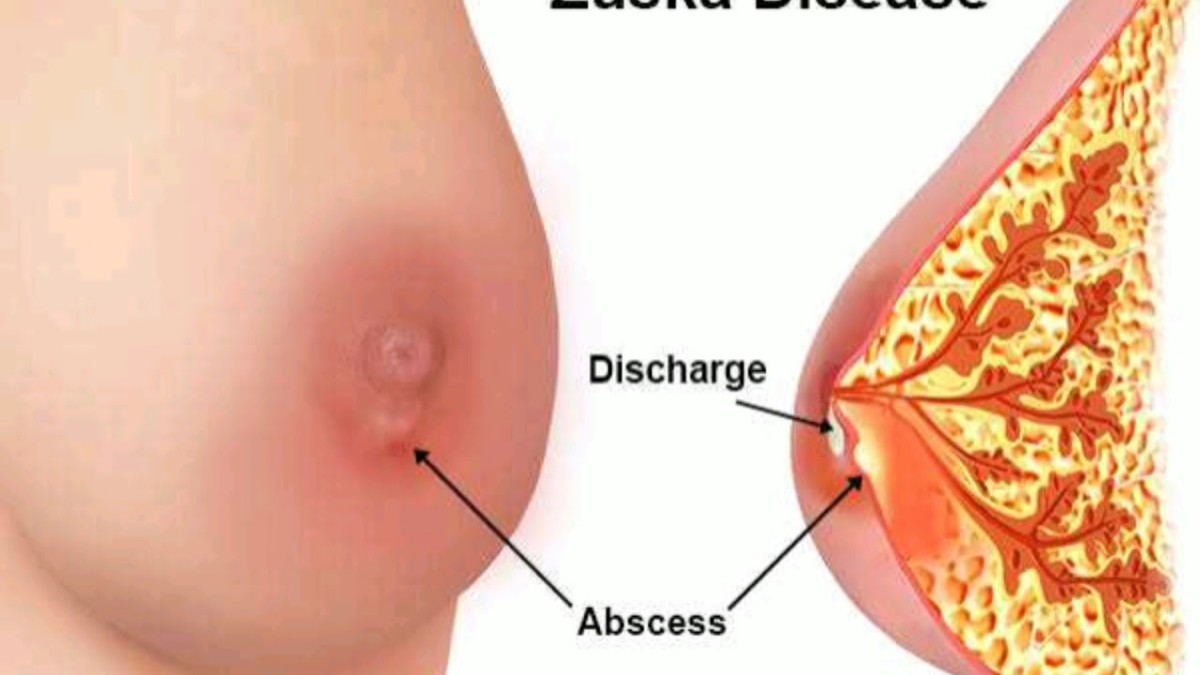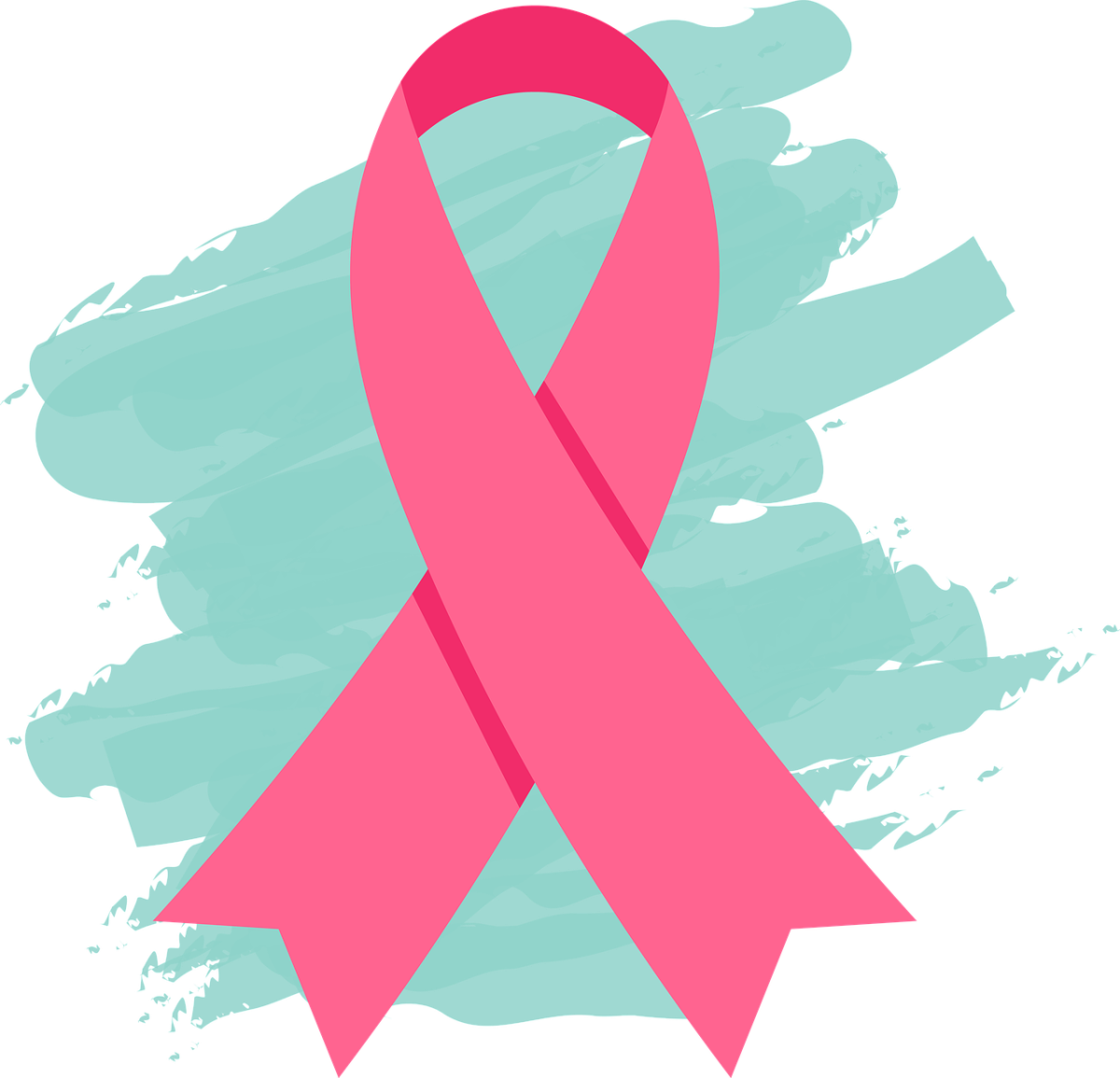Vitamin D May Prevent Breast Cancer and Breast Cancer Recurrence
Sunshine Vitamin May Help Prevent Breast Cancer
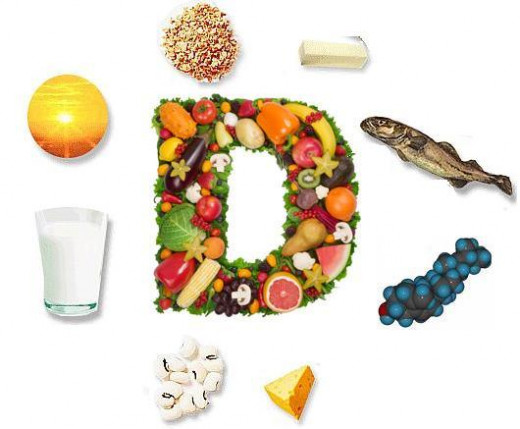
Breast Cancer Prevention and Vitamin D
The Lancet medical journal reported in 1989 that the most active form of vitamin D calcitriol, significantly slowed the growth of breast cancer in animals. Calcitriol stopped the growth of breast cancer by regulating cell cycles. Vitamin D may contribute to apoptosis (cell death) by helping cells resist signals from substances that cause cancer cells to grow, inhibiting invasion into normal tissue and preventing metastasis. D may also prevent the formation of excessive blood vessel growth around the cancerous tumor, a process referred to as anti-angiogenesis.
Researchers from St. Georges Hospital Medical School in London found women with tumors receptive to vitamin D went longer without a disease recurrence than women with tumors without receptors for vitamin D.
A crucial chain of vitamin D events must however, occur to decrease breast cancer cell growth. The vitamin D receptor is only present in breast tissue if calcitriol has been present, which occurs if vitamin D's less-active form, calcidiol, has also been present. Breast cancer patients, some scientists believe, likely have very few vitamin D receptors, as such, treating D deficiency may increase the D receptors in their body and inhibit breast cancer cell growth.
Possible 75% cancer mortality reduction with Vitamin D
Vitamin D from Sunshine or Supplementation

Vitamin D Deficiency and Raising Levels
Despite the name, vitamin D isn't a vitamin; it's a secosteroidhormone that targets over 2000 genes in the body. D, research suggests, may exhibit a positive effect on bone health, immunity, cancer prevention and inflammation. Vitamin D however, isn't readily available in most foods; it's made in large quantities when sunlight strikes bare skin.
A deficiency is more common in the winter months when sunlight is less available and is more prevalent today due to the increased use of suncreen in the last several decades due the public's concern over skin cancer.
Vitamin D deficiency in American teens is common. One study indicates that only 25 percent of more than 3,500 teenagers ages 12 to 19 had levels higher than 26 ng/ml, and 25 percent had levels lower than 15 ng/ml which is severely deficient. The Vitamin D Council recommends an getting vitamin D levels between 50-65 ng/ml, substantially higher than the conventional recommendation of 30 ng/m.
“If you use suntan parlors once a week,” says Dr. Cannell, MD, Executive Director of the Vitamin D Council, “or if you live in Florida and sunbathe once a week, year-round, do nothing.” However, if you receive very little UVB exposure the Council recommends supplementing to achieve optimal dosing which they suggest is higher than the Food and Nutrition Board and Endocrine Council.
Optimal Vitamin D Level by Organization
Level
| Vitamin D Council
| Endocrine Society
| Food and Nutrition Board
| Testing Laboratories
| |
|---|---|---|---|---|---|
Deficient
| 0-30 ng/ml
| 0-20 ng/ml
| 0-11 ng/ml
| 0-31 ng/ml
| |
Insufficient
| 31-39 ng/ml
| 21-29 ng/ml
| 12-20 ng/ml
| ||
Sufficient
| 40-80 ng/ml
| 30-100 ng/ml
| >20 ng/ml
| 32-100 ng/ml
| |
Toxic
| >150 ng/ml
|
Source: Vitamin D Council
The recommendations for the optimal vitamin D blood serum levels have changed and there's no world wide consensus, most D experts argue that levels should be higher than the current Food and Board recommendation.
Dr. Mercola, a leading natural health advocate, writes:
"There are currently 40 leading vitamin D experts from around the world on the GrassrootsHealth panel, and everyone agrees that the most important factor is the vitamin D serum level. There's no specific dosage level at which "magic" happens. So while I will convey the recommended dosages in a moment, the most important message is that you need to take whatever dosage required to obtain a therapeutic level of vitamin D in your blood. At the time (in 2007) the recommended level was between 40 to 60 nanograms per milliliter (ng/ml). Since then, the optimal vitamin D level has been raised to 50-70 ng/ml, and when treating cancer or heart disease, as high as 70-100 ng/ml."
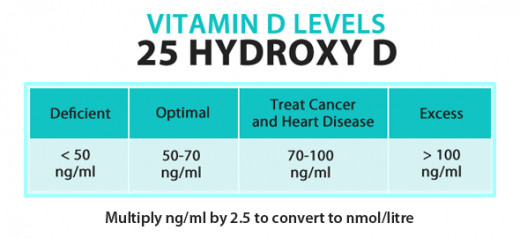
Have you had your vitamin D level checked?
Vitamin D Deficiency, Disease and Dosing
Vitamin D continues to make health science headlines as some researchers link widespread deficiency to a long list of syndromes and diseases. The Vitamin D council website writes that VDDS, or Vitamin D Deficiency Syndrome, is "the aggregate of symptoms and signs associated with the morbid process of vitamin D deficiency, and constitute together the picture of the disease. " While researchers don't suggest a D deficiency directly causes the following or that elevating levels is a cure, an association between vitamin D deficiency and the following has been shown:
- osteoporosis
- heart disease
- hypertension
- autoimmune diseases
- certain cancers
- depression
- chronic fatigue
- chronic pain
Vitamin D Dosing
Vitamin D Council
| Endocrine Council
| Food and Nutrition Board
| |
|---|---|---|---|
Infants
| 1,000 IU/day
| 400-1,000 IU/day
| 400 IU/day
|
Children
| 1,000 IU/day per 25 lbs of body weight
| 600-1,000 IU/day
| 600 IU/day
|
Adults
| 5,000 IU/day
| 1,500-2,000 IU/day
| 600 IU/day, 800 IU/day for seniors
|
Source: Vitamin D Council
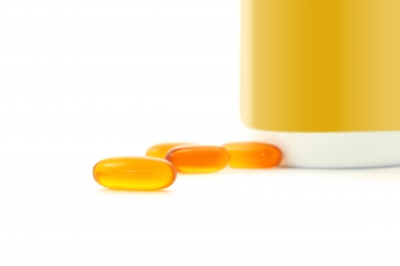
As scientists continue to study the effects of vitamin D on breast cancer patients, a growing body of research suggests elevating vitamin D levels may assist in treating breast cancer and decrease the likelihood of a recurrence.
Findings may also lead to the development of new anticancer drugs. While further research needs to be conducted support the use of vitamin D for breast cancer prevention and relapse, findings indicate that elevating vitamin D to optimal levels may prevent breast cancer in some healthy women.
Sources:
University of Medicine and Dentistry of New Jersey (UMDNJ) (2009, February 5), "Vitamin D Found To Stimulate A Protein That Inhibits The Growth Of Breast Cancer Cells," ScienceDaily. Retrieved January 12, 2010.
Colston KW, Berger U, Coombes RC, "Possible role for vitamin D in controlling breast cancer cell proliferation," Lancet, Jan 28, 1989.
Dhawan P, Wieder, R, Christakos, S,"CCAAT enhancer-binding protein alpha is a molecular target of 1,25-dihydroxyvitamin D3 in MCF-7 breast cancer cells," Journal of Biological Chemistry, Jan 30, 2009.
Dr. J.J. Cannell, Executive Director Vitamin D Council, "Vitamin D and Breast Cancer," June 4, 2006.http://www.vitamindcouncil.org/cancerBreast.shtml


